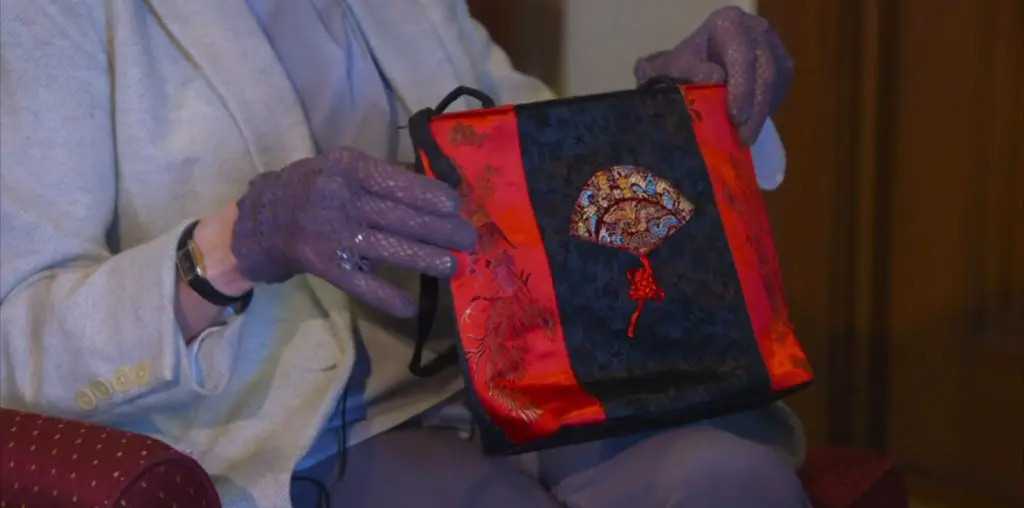
Anyone who has ever read Frank Herbert’s Dune series will tell you that these novels are virtually impossible to faithfully translate to the screen. I read the first four books, Dune, Dune Messiah, Children of Dune and God Emperor of Dune right out of high school and then read Dune once a year through college. I loved these books as they went far beyond Star Wars’ kiddie universe into true adult science fiction dealing with unimaginable creatures, galactic politics, and war. David Lynch made the first book into a movie in 1984 and I was ready to be wowed especially after having seen a visually striking trailer that knocked me out of my seat. I was floored when I saw it. The book was somehow lost in this overwrought film. It fell short. What remained was a hodge-podge of scenes from the book including some bizarre Lynch weapon not contained in the Herbert’s novel called the “weirding module” – basically a sound gun. I was so stunned that this movie could turn out so bad, that the traumatic experience led to the creation of Film Threat as an underground fanzine. The first xeroxed issue featured a parody poster which read “Dumb.” (Read the essay called Dune Started It All for all the gorey details.)
Lynch really did the best he could with his version of “Dune.” Perhaps hampered by Dino De Laurentiis’ overproducing (giant all-star international cast, big sets, big effects, big everything) Lynch’s vision of Herbert’s words, in retrospect, is an admirable failure. Some things actually do work in the original screen adaptation – the sets are spectacular, environments lush, the characters believable, the costumes inspired and the distilled story, what there is of it, is engaging. But just as much falls short – the cheesy blue screen worm effects, disjointed scenes and uneven acting, make for an experience less than beyond the imagination. Looking back though, “Dune” does hold up far better than other sci-fi films from the 80s. Perhaps Lynch was really handcuffed creatively by the medium – translating a book over 500 pages into a two and a half hour film. To make “Dune” into an epic on a grand scale would require a longer running time with a cast of thousands and special effects simply not possible during this period. Wouldn’t Dune make a great mini-series for television?
Enter the Sci-Fi Channel and director John Harrison. The four and a half hour “Dune” mini-series which debuted on Sci-Fi in 2000 and then was released in two special edition DVDs, deserves praise for at least attempting the impossible. Like Lynch’s film, Harrison’s vision is flawed, but the attempt to more directly translate Herbert’s world to the small screen is one purists can embrace.
“Children of Dune” ups the ante by delivering an even more complex and layered story as well as combining the events from two of Herbert’s Dune novels, Dune Messiah and Children of Dune. For this six-hour, three-part mini-series, Greg Yaitanes takes over the directing chores this time around with Harrison providing the teleplay. This is the story of the fate of Paul Atreides/Maud’dib (Alec Newman) and his twin blood heirs Leto II (James McAvoy) and Ghanima (Jessica Brooks). Without getting too much into the soap opera-like details of the story, Paul/Maud’dib becomes increasingly disenchanted with the empire he’s created. The Fremen jihad has left the galaxy united but at a great cost – the universe has suffered with millions dead and currently teeters on the brink of civil war. Fanatics and politicians make grabs for power as Paul deals with his own deification. The solution to all the galaxy’s problems may lie within his own, yet unborn children. If I offer anymore details, I’d simply be summarizing the extensive plot and there’s a lot of it. This may be the unavoidable flaw that director Yaitanes has to contend with – in order to be faithful to the story, you’ve got to tell every last detail. And in telling the details, he succeeds. Though I haven’t read the books in years, “Children of Dune” does hit all the major story turns that I remember and even some ones I forgot. I was even more impressed that Leto II’s transformation into a kind of super being is handled so well, both by actor James McAvoy’s performance and with the help of some breathtaking special effects. The mini-series balances the soap opera nature of the epic tale while providing some truly stellar action effects sequences. Those let down by the recent demise of Star Trek, made even more evident by the awful final outing Nemesis, should turn their attention here. The results are clearly better when the creators in charge obviously have a reverence and respect for the material, unlike Rick Berman and those currently crashing and burning Paramount’s crapfest known among former fans as the “long-ailing Star Trek franchise.” “Children of Dune” gets it right on many levels and is must-viewing for fans of true science fiction. In addition, the series has its share of surprises. There are some steamy love scenes that take sex and skin to the limit especially for the Sci-Fi Channel, jaw-dropping effects that blow away recent big screen sci-fi, along with respectable cameos from Susan Sarandon as Princess Wensicia from rival House Corrino, and Alice Krige as Lady Jessica. On top of that, the sandworms are just way cool. I hope the success of this series prompts Sci-Fi Channel brass to bring other classic impossible-to-film science fiction novels to the screen.
Ultimately, “Children of Dune” is a worthy adaptation that will satisfy purists and introduce the world of “Dune” to a whole new generation of fans.
